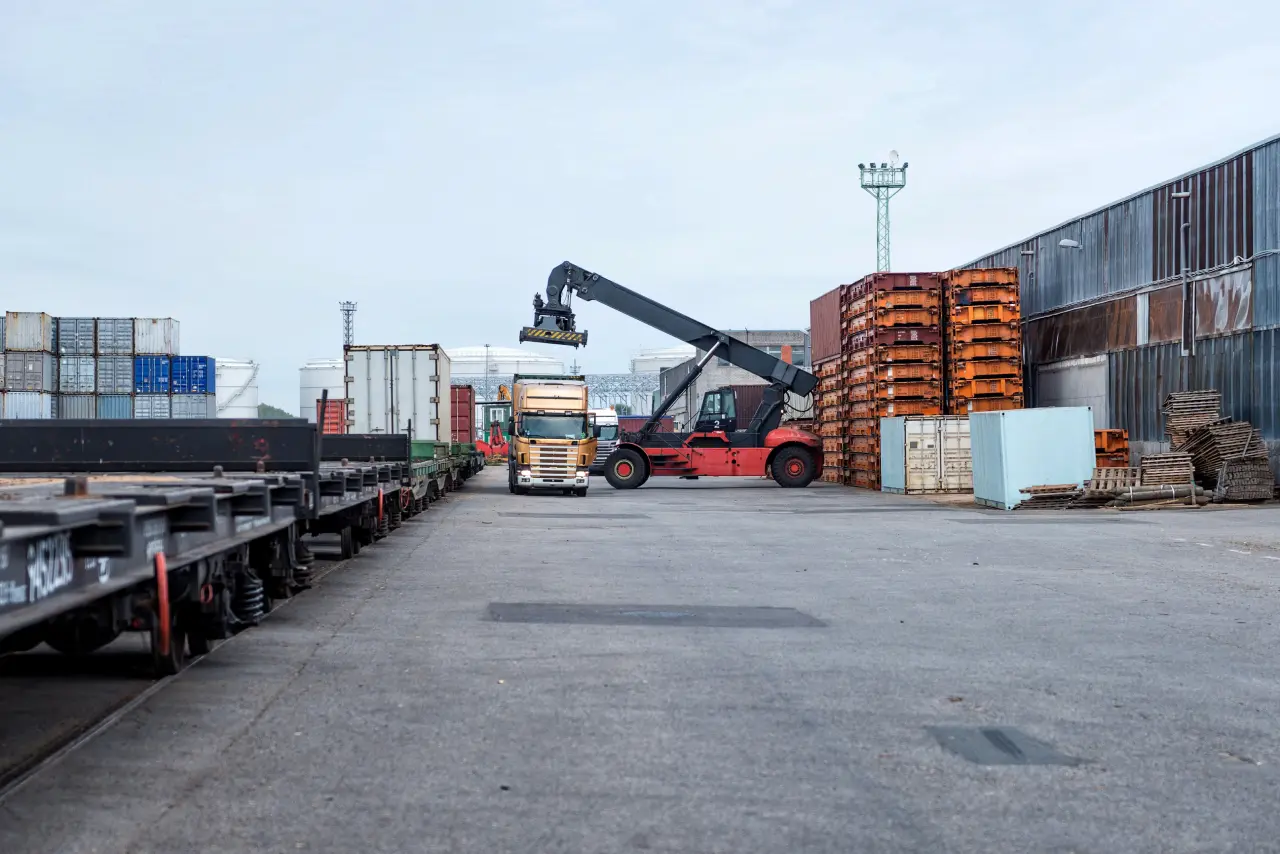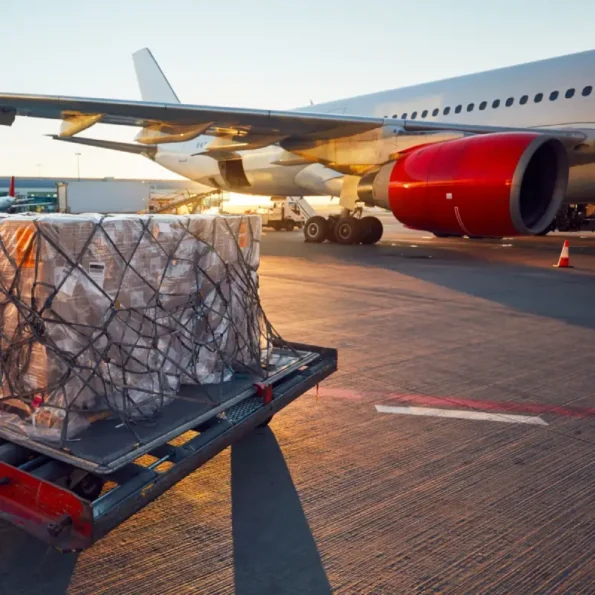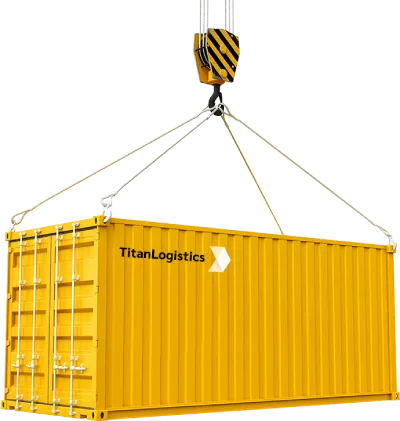
Unlocking Efficiency: The Role of Cross-Docking in Trucking
Cross-docking Explained
Cross-docking is a logistics strategy where goods are unloaded from an inbound truck and directly loaded onto outbound trucks with minimal storage time.
This seamless transfer ensures swift movement of goods, reducing handling costs and transit delays.
Benefits of Cross-Docking in Trucking
- Streamlined Operations: Cross-docking eliminates unnecessary storage, allowing for faster handling and distribution.
- Reduced Inventory Costs: With minimized storage requirements, companies can cut down on warehousing expenses.
- Improved Transit Times: Direct loading onto outbound trucks significantly reduces delivery times.
- Enhanced Supply Chain Visibility: Real-time tracking becomes more accurate, providing better control and management.
- Cost Efficiency: Cross-docking optimizes resources, resulting in overall cost savings.
- Flexibility in Handling Perishables: Ideal for time-sensitive goods, cross-docking ensures swift delivery, especially crucial for perishable items.







